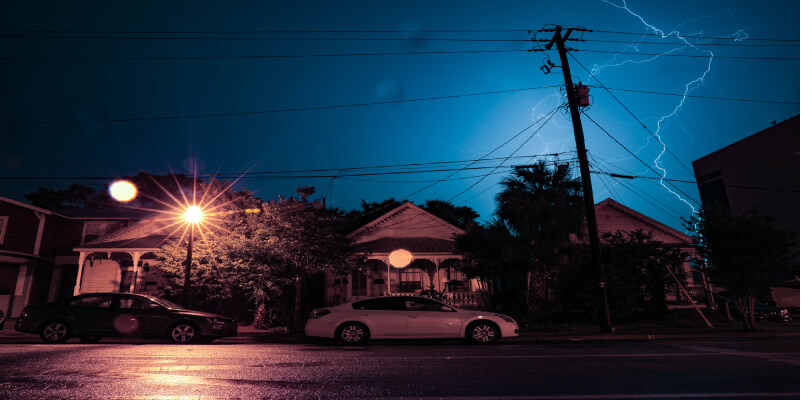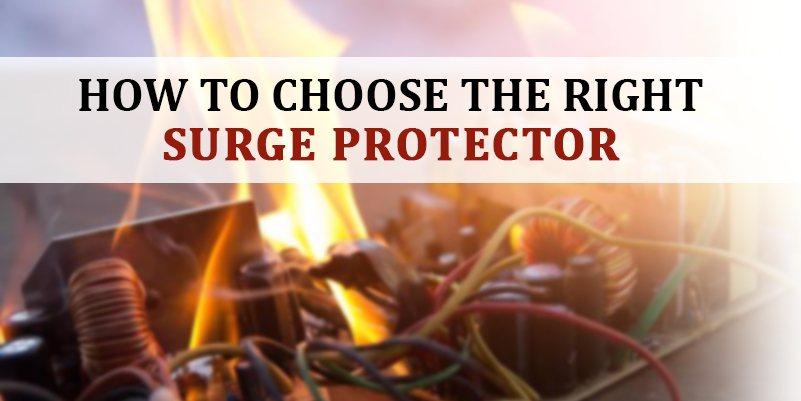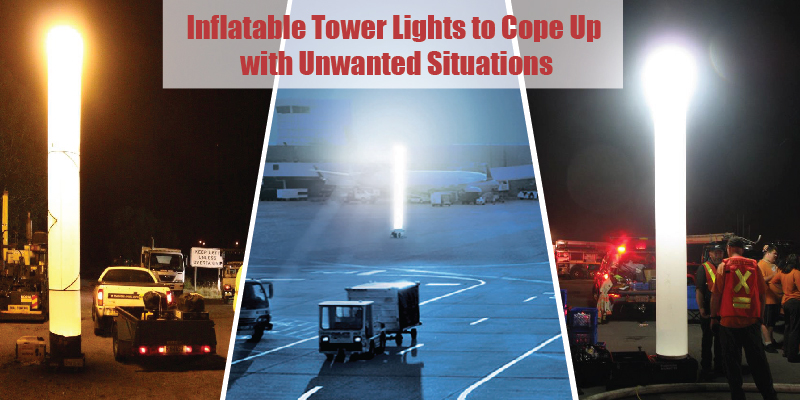
When thinking of almost impossible events, the possibility of winning the lottery or being struck by May, think of lightning. Of course, both are life-changing events, but one is more likely than the other. Here's a hint: There is a reason the Powerball jackpot has become so much more significant.
Approximately 25 million lightning strikes occur in the United States each year. Estimates vary, but the worst-case scenario is that Americans have a one in a million chance of being hit every year.
The chances that you could win the Powerball, quit your job, and join the ranks of the inactive rich are much slimmer: 1 in 292 millions. You are more likely to be struck by lightning while drowning than to hit the jackpot.
However, the house is another matter. I won't bore you with mathematics, but the National Lightning Safety Institute estimates that 1 in 200 households are struck by lightning every year. That's a much more sobering idea and probably underestimates the risk in areas with very frequent thunderstorms.
Protecting Your Home From Direct Attack: Everyone has heard of lightning rods (also called lightning rods), but you may be surprised to find that they don't draw electricity. They are usually part of a lightning protection system. In the event of a lightning strike, these systems are designed to help distribute electrical energy to the ground and affect its path in a way that minimizes damage to the structure. The protection provided by these systems is not best, but they help to reduce the risk of fire and structural damage by reducing the energy flowing through the structure itself.
Beware of Fires: Fires are very common after lightning strikes. Although short-lived, the bolts can reach temperatures of 54,000 degrees Fahrenheit. For anyone keeping track, that's several times hotter than the surface of the sun.
If your home is hit, call the fire department without delay; The location of a potential fire may not be immediately obvious. You have to make sure that you have a properly working fire extinguisher and homeowners insurance that also covers up all the lightning-related damage (including associated fires).
Dealing With Power Surges: Direct hits to homes can cause power surges that ruin electrical and electronic systems. The best way to avoid this damage is to unplug everything during a storm, but it is pretty unrealistic to expect most people to do this all the time. Some people unplug expensive electronic equipment, but the disadvantage of this is that you must be at home when the storm hits, or you must try to predict the severity of the upcoming storm. You might think you are safe if most of your electronic devices are connected to a surge protection devices.
That is its purpose. To protect yourself from electricity surges, also known as lightning? Not so fast. You can't count on surge protectors or regular power strips to keep your electronic devices safe, always for bitterness. Even their big brother, a heavy-duty uninterruptible power supply (UPS), cannot handle all the electricity generated by lightning.
Finally, almost everyone has experienced a storm that caused a blackout. Loss of power is one of those things that often go hand in hand with a heavy storm, so having a ready supply of candles, flashlights, batteries, hand crank chargers, and the like is a great idea. A small backup generator wouldn't hurt either.
Consider Getting Rid of Landlines: Compared with decades ago, lightning-related injuries and deaths are sporadic in the United States. Increased urbanization and modernization of buildings and vehicles mean fewer people at risk. While talking on the phone, we get to see few indoor injuries that still occur. No, it is not just an urban legend; electricity can travel through telephone lines. But as Americans have abandoned landlines in droves, these types of injuries have become increasingly rare.
Protecting Your Home From Indirect Strikes: Although if your home is not directly hit, you are not necessarily out of harm's way. Lightning can be devastating to trees; they can split them up, blow up shrapnel-like bark, and even set them on firebase. Contact any best-known tree service company to inspect lightning-damaged trees as they are more vulnerable to other types of damage, including insects, disease, or decay.
Lightning damage increases the risk of falling trees; limit your risk by removing trees too close to the house or taking precautions to protect them.
Contact a tree care company to find out if they recommend pruning or removing your trees. If you love your 100-year-old oak, some tree care companies even install lightning protection systems on the trees to ground them down and minimize damage.
External Surges: Even if lightning does not reach your property, lightning can cause problems. Homeowners living near utility poles or power lines can attest to this; the strike caused a virtual tsunami of high-voltage electricity flow into nearby homes.
Qualified electricians can install surge protectors throughout the home to protect against surges entering the house through the electrical grid. However, they cannot protect against overloads caused by a direct hit.
Related Post: Signs to Know Your Home Was Hit by Lightning
General Lightning and Thunderstorm Safety: You may already know a simple way to calculate the distance of lightning: count the number of seconds between lightning and thunder, and then divide by 5. This is the number of miles between you and the lightning. Lightning cannot be avoided, but some simple precautions can minimize the risk to you and your belongings.
Protect Yourself and Your Home: Today, lightning is more likely to cause property damage than injury or death, and that's great! But as our homes fill with increasingly sophisticated electronic components and circuits, the potential property damage caused by lightning will continue to increase.
The cost of replacing all the appliances, televisions, and computers, along with the electrical wiring for an entire home, is enough to make even technicians cry.




